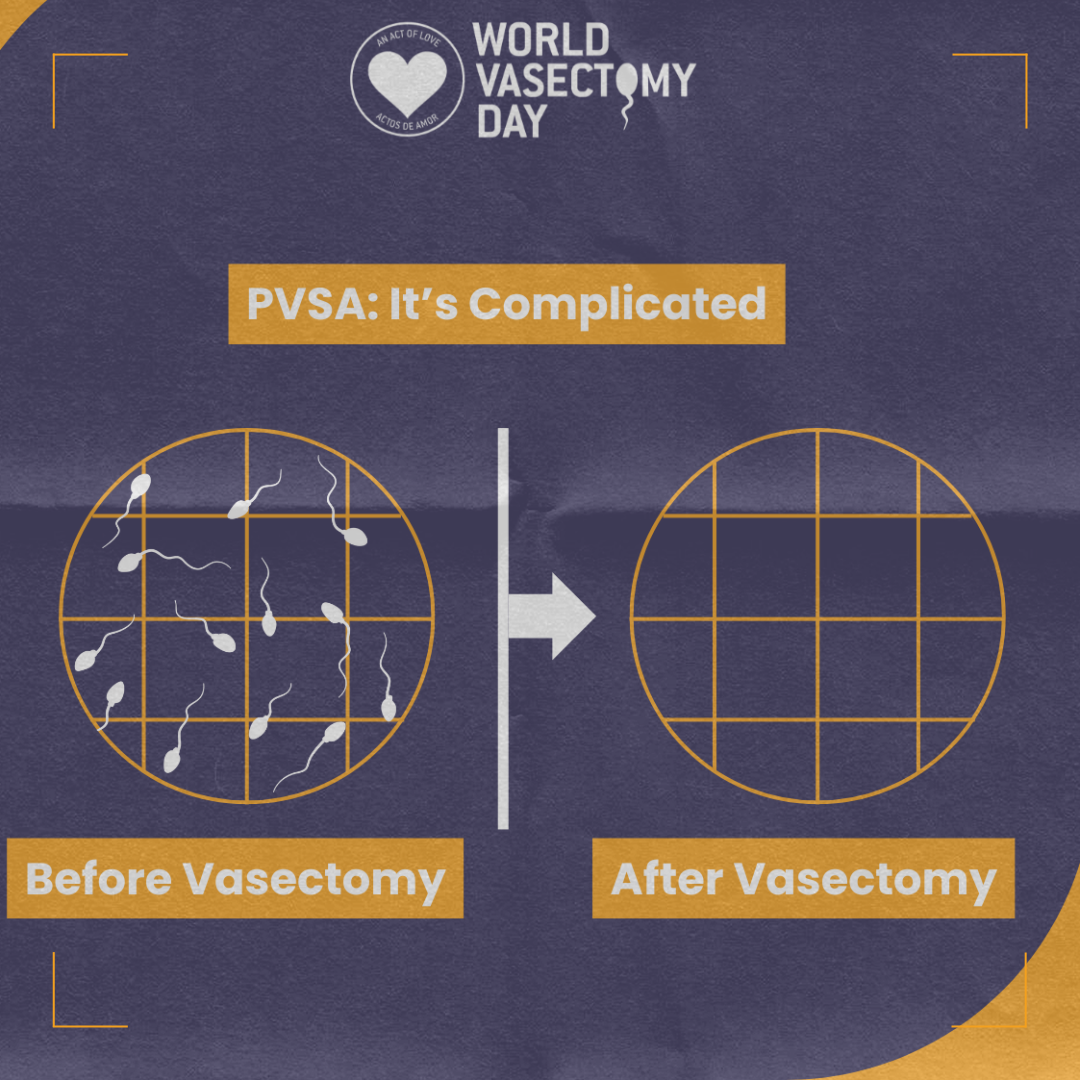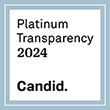
Levy Mwanawasa Medical University 5th Year Medical Student.
In Zambia, family planning and health are critical issues that directly influence the nation’s socio-economic development. Vasectomies, a form of male family planning, are increasingly being recognized as a valuable tool in addressing these concerns despite the stigma that still accompanies them. By providing a reliable and permanent method of contraception, vasectomies can significantly contribute to improving public health, economic stability, and gender equality in the country, primarily by lessening the burden of contraception on women.
First and foremost, vasectomies play a crucial role in public health by reducing the incidence of unintended pregnancies. Zambia faces a high fertility rate, with many families having more children than they can adequately provide for. This overburdened family structure often leads to inadequate access to education, healthcare, and nutrition for children. By promoting vasectomies, the government and health organizations can help families plan better and ensure that children are born into environments where their basic needs can be met. This can enhance the overall quality of life for Zambians by ensuring that every child has a better chance of accessing essential services and opportunities.
Economically, vasectomies can contribute to national stability by helping to manage population growth. Rapid population growth puts a strain on Zambia’s resources, leading to higher unemployment rates, insufficient housing, and increased pressure on social services. By managing population growth more effectively, Zambia can allocate its resources more efficiently, invest in infrastructure, and create sustainable economic opportunities. This shift can lead to improved living standards and a more resilient economy capable of withstanding global economic fluctuations. When fewer resources are strained by overpopulation, there is more potential for economic development and improved public services.
Moreover, vasectomies offer a significant advantage in promoting gender equality. Traditionally, the responsibility for contraception has disproportionately fallen on women, who often bear the physical and emotional burdens of family planning. By increasing the availability and acceptance of vasectomies, men can take a more active role in contraception, thereby alleviating some of the pressures faced by women. This shared responsibility can lead to healthier relationships and a more equitable division of family planning duties. Women, freed from the exclusive burden of contraception, can have more opportunities to participate in education and the workforce, further contributing to national development.
Lastly, the cultural acceptance of vasectomies can help combat the stigma surrounding male involvement in family planning. In many African societies, including Zambia, discussions about male contraception are often considered taboo, leading to a lack of awareness and reluctance to pursue such options. Educational campaigns and community outreach programs can help demystify vasectomies and highlight their benefits, encouraging more men to consider this option. As societal attitudes shift, vasectomies can become a normalized and respected aspect of reproductive health and family planning. This normalization can lead to broader acceptance of other forms of male contraception and more balanced gender roles in family planning decisions.
In conclusion, vasectomies hold significant and promising potential for improving the socio-economic landscape of Zambia. By reducing unintended pregnancies, managing population growth, promoting gender equality, and changing cultural perceptions, vasectomies can contribute to a healthier, more prosperous, and equitable society. It is essential for policymakers, health practitioners, and community leaders to advocate for and support the integration of vasectomies into Zambia’s family planning strategies. Through collaborative efforts and increased awareness, Zambia can harness the benefits of vasectomies to foster a more sustainable and balanced future.








